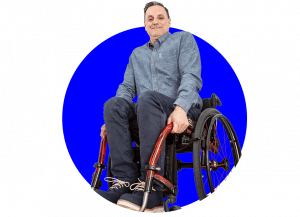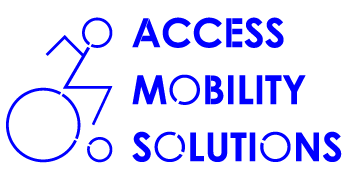Welcome to Access Mobility solutions
Accredited NDIS SDA Assessor
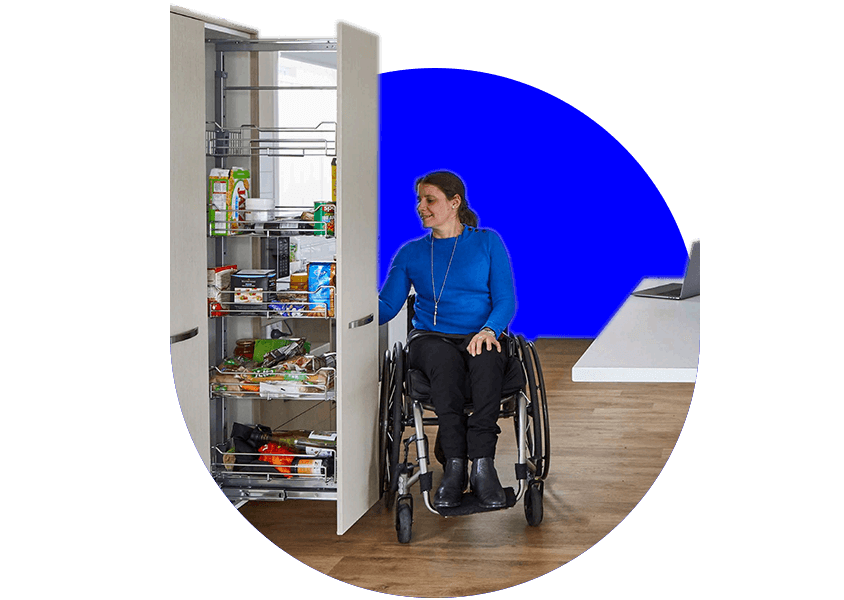
Welcome to Access Mobility solutions
Welcome to
Access Mobility solutions
Accredited NDIS SDA Assessor


About NDIS SDA
George Saliba at Access Mobility Solutions is an accredited NDIS independent assessor. The National Disability Insurance Scheme (NDIS) is specifically focused on services that help people with permanent disabilities. When individuals require different supports to help them live safer, more independent lives, the NDIS is able to provide funding. The NDIS funds Specialist Disability Accommodation (SDA) for some individuals who have significant support needs because of their disabilities.
For a dwelling to be certified, it must be verified at two stages: the design stage and then again after the dwelling has been built. The design certification of the SDA dwelling ensures that the plans for a dwelling are compliant with the requirements of a specific design category. This is known as the provisional level of certification. Once the dwelling is completed, there is a final certification process which is mandatory for SDA enrolment. This verifies that the dwelling has been built based on the minimum required features.
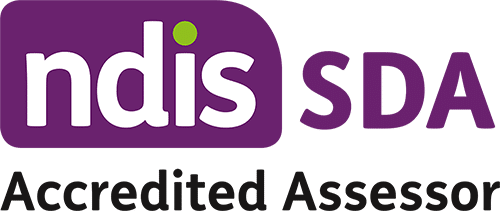
There are five features a dwelling must have at minimum to be certified
1 A kitchen
2 At least one bathroom
3 A living and dining area
4 At least one entryway/exit
5 One bedroom or more per person
Design Category Certifications
The four design categories under which a dwelling can be certified are as follows:
Improved Livability
Housing designed to provide a reasonable level of physical access for people with sensory, intellectual or cognitive impairment.
Robust
Housing designed to provide a reasonable level of physical access and be very resilient to reduce the need for reactive maintenance as well as any risks to the resident or the community.
Fully Accessible
Housing designed to provide a high level of physical access for people with significant physical impairment.
High Physical Support
Housing designed to provide a high level of physical access for people with significant physical impairment who require very high levels of support.
Design
At the architectural design phase, Access Mobility Solutions is focused on analysing whether or not all the NDIS SDA design standards are being met. This is the provisional portion of the assessment. For every project, Access Mobility Solutions will:
- Provide the NDIS SDA Design Standard Checklist for the appropriate design category
- Provide the NDIS SDA Design Standard Legend for the appropriate design category
- Issue an NDIS Specialist Disability Accommodation Assessment Summary Form
- Issue a Certificate of SDA Design Category Compliance for the appropriate design category

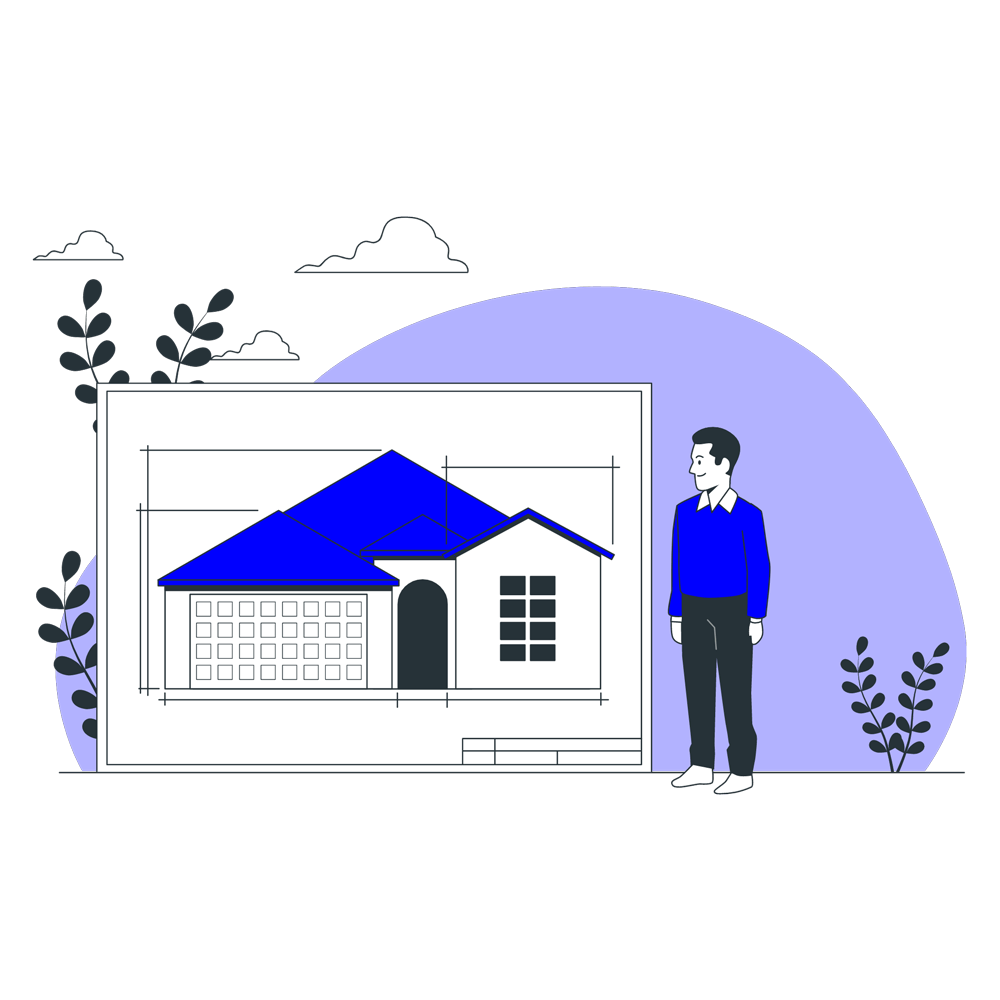
Final-As-Built Assessment
To be certified, the final-as-built dwelling must undergo another extensive process. At this stage, Access Mobility Solutions:
- Correspond with builder and architect throughout construction
- Complete site inspections during construction
- Complete a final-as-built assessment audit of the SDA dwelling
- Provide an NDIS Specialist Disability Accommodation Assessment Summary Form
- Issue Final-As-Built Certificates for the NDIS SDA design category compliance
- Provide copies of the certificates for SDA Design Category Compliance and the SDA Assessment Summary Forms
Performance Solutions
There are only two situations when a Building Code of Australia (BCA) performance solution is permitted in an assessment:
- When tactile ground surface indicators (TGIs) are required, handrails with tactile warning indicators may be used instead.
- When door latch side clearance is required, door automation may be used instead. However, door automation is not a substitute for door circulation space length.
A Performance Solution must be equal to or greater than the deemed to satisfy provisions of the Building Code of Australia.

Good Access for All Starts with Access Mobility Solutions
If you have questions about any of our services, we are happy to help. Reach out to Access Mobility Solutions! While complying with accessibility legislation can feel like a never-ending, complex process, we make it easy.

I believe that it was a natural transition to become an Accredited Access Consultant. As someone with first-hand knowledge of the architectural profession and, due to living with Multiple Sclerosis (MS), and the experiences of a manual wheelchair user, I can provide a unique, dual perspective on access issues.
GOOD ACCESS has become an integral part of my life.
“I cannot control the fact I have multiple sclerosis but what I can control is my attitude”
